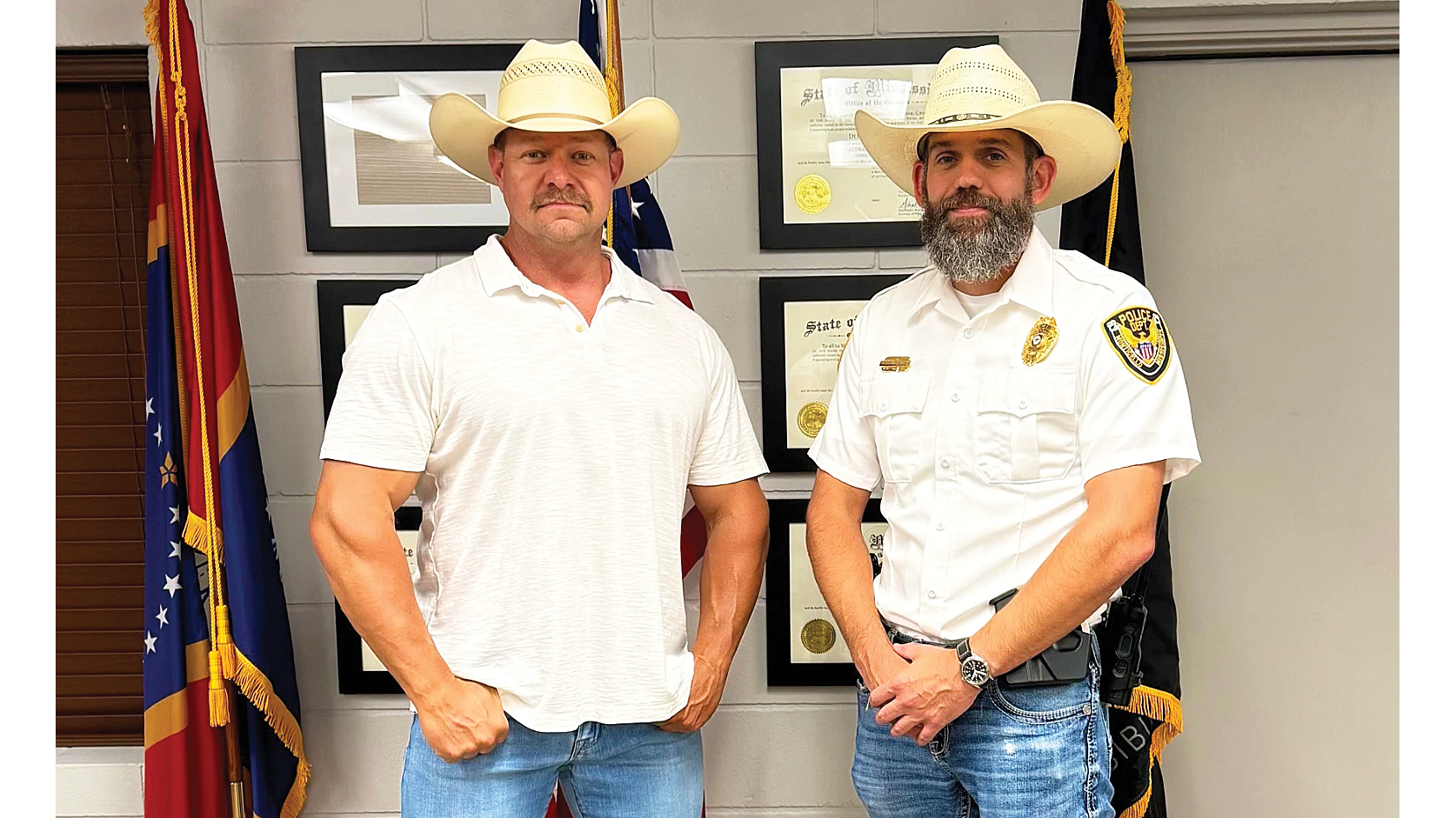Co-Lin adds military tech degree
Published 6:00 pm Tuesday, August 9, 2011
Copiah-Lincoln Community College’s courseofferings will provide more flexibility for former and currentmilitary members starting in the coming school year.
The college’s latest degree, the Associate of Applied Science inMilitary Technology, will enable veteran and active-duty members ofthe armed services to combine their military training with academiccredits.
School officials tout the degree as the latest in their outreach tothe military community.
“We are very military friendly,” said Natalie Davis, director ofPublic Relations. “G.I. Jobs (a veterans magazine) has ranked usthat way for three years now.”
Davis said Co-Lin was one of Mississippi’s first colleges to be sodesignated by G.I. Jobs.
Officials also believe the program will increase their recruitmentpotential in the area. Dr. Gail Baldwin, dean of career/technicaland workforce education, said there are approximately 365 Guardmembers in Co-Lin’s seven-county area.
“This (degree) would allow us to reach specifically to thatpopulation,” she said. “Some of the courses are online, so itshould not matter where that service member is, even if they areoverseas.”
The degree requires 12 hours of military courses, which Baldwinsaid only military training can provide.
Fifteen hours of the degree must come from general educationcourses offered by Co-Lin. These include courses such as Englishcomposition and algebra.
The degree’s remaining 37 hours can come from any combination ofmilitary courses and college credits. Students face a wide varietyof options in fulfilling those 37 hours at Co-Lin.
“Any of our technical classes would be options for them,” said Dr.Jane Hulon, vice president of instructional services.
The degree is specifically designed to help students advance in themilitary, Hulon said, and so she expects most students to choosecourses accordingly.
However, depending on the area of specialization, the degree couldaid the student in the civilian workforce.
Skills in computer programming for example, could easily be usedoutside a military context, Hulon said.
Officials pointed out that Co-Lin has always accepted the transferof military credits. Only the framework of the current degree isnew.
But because of that newness, Baldwin does not expect large numbersof participants immediately, but hopes that recruitment andadvertisement efforts will build the degree over the comingyears.
Regardless of immediate enrollment numbers, Hulon believes thedegree is an important step for the college.
“What is important I think is that Co-Lin is reaching out andtrying to be progressive in meeting the needs of citizens in ourdistrict,” she said.





